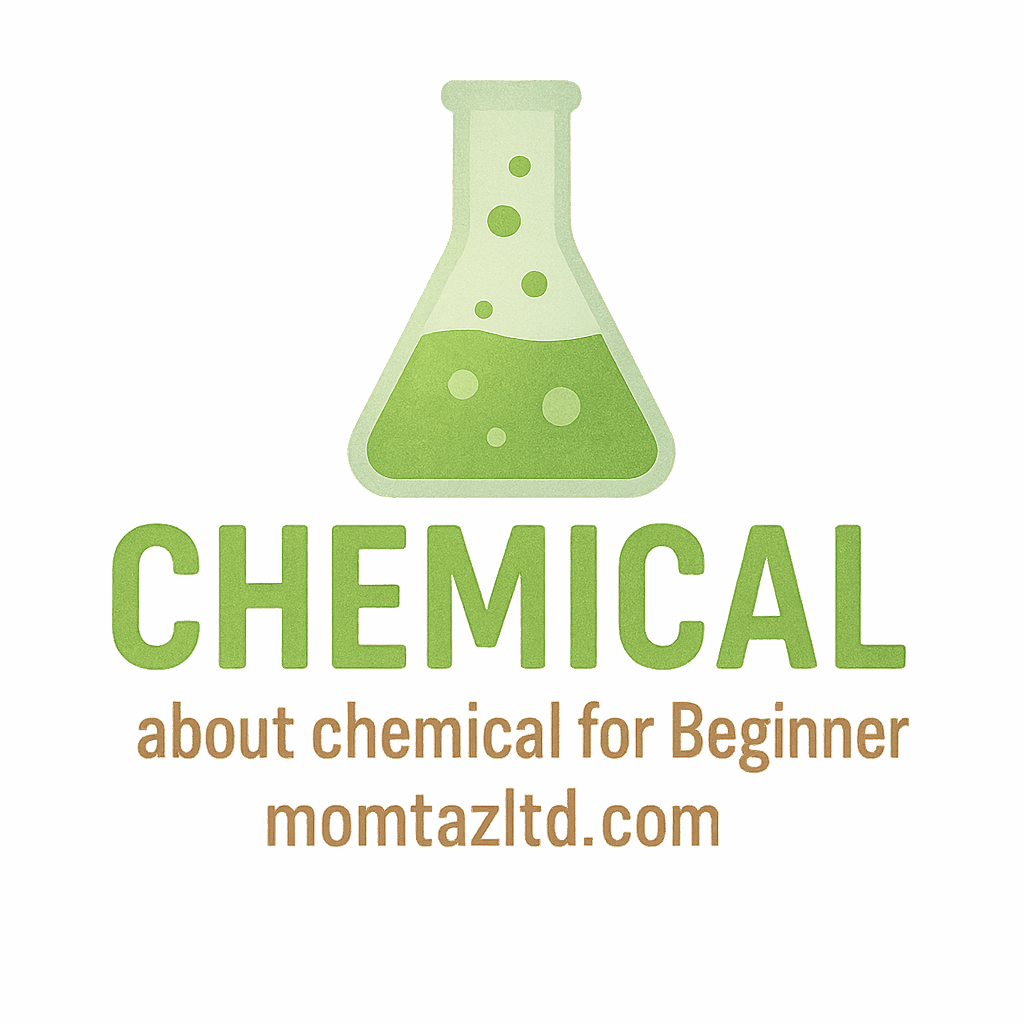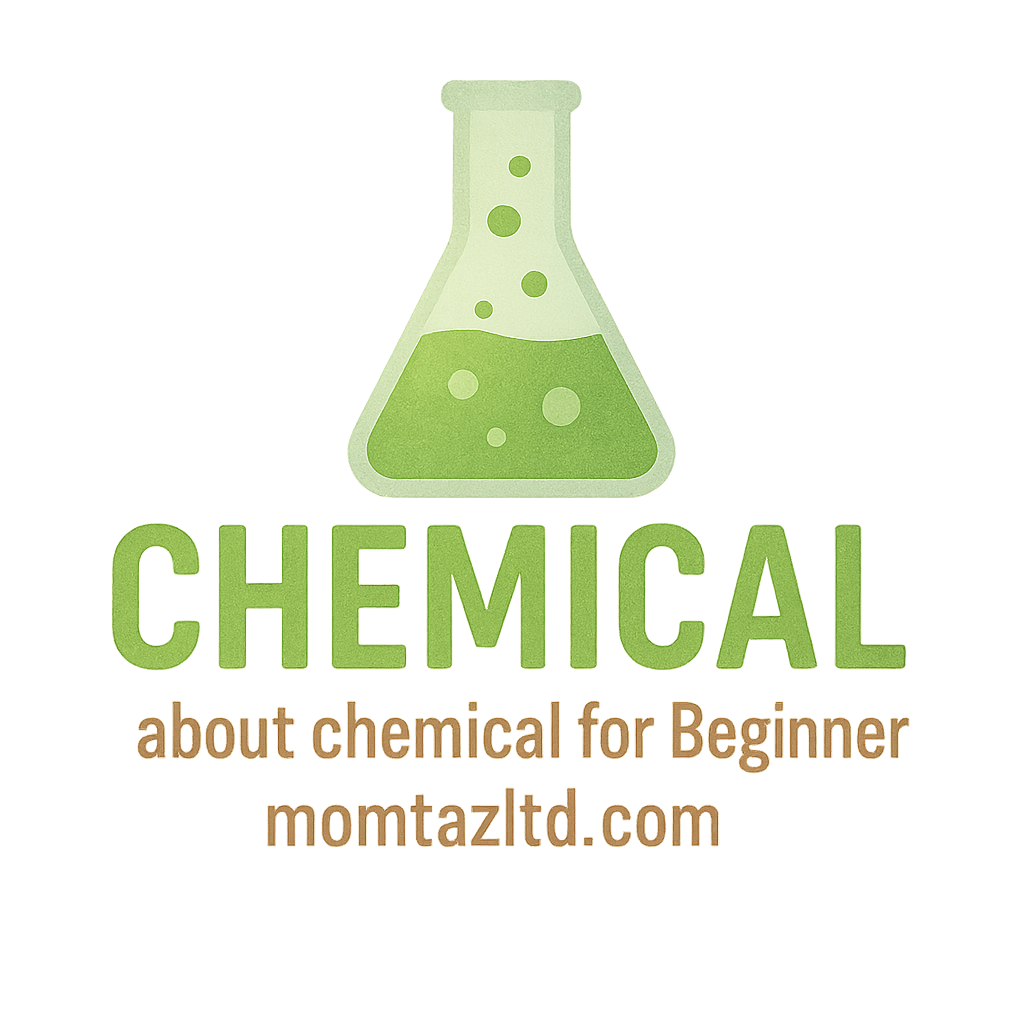The chemical industry is one of the most dynamic and fast-evolving sectors, with vast opportunities for growth. However, getting started or advancing in this field requires more than just academic knowledge—it requires practical experience. In this article, we will explore six effective ways to gain experience in the chemical industry, allowing you to boost your career prospects and stand out in a competitive job market.
Why Experience is Crucial in the Chemical Industry
Before diving into the specifics of how to gain experience, let’s first understand why hands-on experience is so crucial in the chemical industry.
The chemical industry involves complex processes, and the ability to apply theoretical knowledge to real-world scenarios is key. Whether you’re working with hazardous materials, performing chemical reactions, or developing new chemical products, the stakes are high. Experience provides not just technical skills but also the ability to problem-solve in real-time, collaborate with a team, and adhere to strict safety standards. It’s this hands-on know-how that separates experts from novices.
Now, let’s look at the top six ways to gain that valuable experience!
1. Internships: A Gateway to Practical Learning
Internships are one of the best ways to gain experience in any industry, and the chemical sector is no different. By applying for internships with chemical companies, research labs, or universities, you can immerse yourself in real-world scenarios and learn from seasoned professionals.
Why Choose an Internship?
Internships provide exposure to the working environment of the chemical industry. You’ll work alongside experts, handling tools, machinery, and chemicals that you wouldn’t have access to in a classroom setting. The hands-on experience you gain through internships will not only teach you technical skills but also provide you with invaluable insights into the industry’s demands, trends, and challenges.
Tips for Securing an Internship
- Research companies: Identify chemical companies or research organizations that offer internship programs. You can look into industrial chemicals, laboratory chemicals, or household chemicals companies.
- Prepare a strong application: Highlight your educational background, enthusiasm for chemistry, and any related experience.
- Follow up: Don’t hesitate to follow up on your application to show your interest and commitment.
Learn more about internship opportunities in the chemical industry by checking out Chemical Careers.
2. Networking with Professionals in the Industry
Networking plays a crucial role in gaining experience and finding opportunities in the chemical industry. Establishing professional connections can lead to mentorship, job opportunities, and insider knowledge about industry trends and best practices.
How to Network Effectively
- Attend industry conferences: Conferences like the American Chemical Society (ACS) meetings or local chemical society events are excellent places to meet professionals.
- Join LinkedIn: Connect with chemical engineers, researchers, and other industry experts.
- Engage in discussions: Participate in online forums, attend webinars, and contribute to industry-related blogs or podcasts.
Networking allows you to not just gain knowledge but also learn about job openings, internships, and volunteer opportunities that might not be advertised widely. It’s also a great way to get advice from people who have already walked the path you’re on.
Want to explore industry-related events? Check out Chemical Safety for tips on how to engage with professionals.
3. Volunteering for Projects and Research
Volunteering is a fantastic way to gain practical experience without needing to secure a paid position immediately. Many universities, research institutions, and NGOs have ongoing chemical research projects that often require volunteers or unpaid assistants.
Why Volunteering is Beneficial
Volunteering allows you to gain exposure to specialized areas of chemistry, from chemical reactions and chemical safety to cutting-edge research on new chemical products. Even if the position is unpaid, the experience you gain can lead to paid opportunities in the future. Plus, volunteering often opens the door to more networking and can help you establish credibility within the industry.
How to Find Volunteer Opportunities
- Reach out to universities and research labs: Many chemical research labs welcome volunteers to assist with experiments.
- Check with non-profits: Environmental and health-related NGOs may need chemical experts for various projects.
- Leverage industry connections: Through your network, you can learn about volunteer positions before they’re publicly available.
You can get involved with numerous hands-on projects to help you sharpen your skills and knowledge of the chemical field.

For more on chemical safety and industry projects, visit Chemical Safety.
4. Pursuing Specialized Chemical Certifications
Certifications can significantly enhance your qualifications and make you more attractive to employers. In the chemical industry, there are various specialized certifications that can help you gain experience in specific fields, whether it’s lab work, industrial processes, or chemical safety.
Key Certifications to Consider
- Certified Chemical Engineer (CCE): This certification can boost your qualifications if you’re pursuing a career in chemical engineering.
- Laboratory Technician Certification: Ideal for those who want hands-on experience in a lab environment.
- Hazardous Materials Management Certification: An essential certification for those who want to work with industrial chemicals or hazardous substances.
These certifications demonstrate your commitment to the field and can give you a competitive edge in job applications.
Looking to pursue certifications in chemistry? Check out Chemical Basics for more information.
5. Joining Chemical Societies and Associations
Becoming a member of professional societies and associations, such as the American Chemical Society (ACS) or the Royal Society of Chemistry (RSC), can open up a world of opportunities for gaining experience in the chemical industry. These organizations offer access to exclusive resources, job boards, conferences, and networking opportunities.
How Joining Societies Helps
- Access to events and workshops: These societies often host events that provide hands-on learning experiences and allow you to network with industry leaders.
- Resources and publications: Gain access to research papers, industry reports, and other valuable resources that can help expand your knowledge.
- Job boards: Many societies have job boards that exclusively feature opportunities in the chemical industry.
By joining these societies, you align yourself with a community of like-minded professionals who can guide your career.
Explore membership opportunities at Learn from Experts for more insights.
6. Gaining Experience through Laboratory Work
Laboratory experience is indispensable in the chemical industry, whether you plan to work in research, product development, or quality control. Hands-on lab work provides the practical skills needed to handle chemicals safely and perform complex chemical analyses.
Why Lab Experience Matters
- Hands-on learning: You get to apply theoretical knowledge in a controlled environment, which is vital for understanding the real-world application of chemistry.
- Safety protocols: Learning how to handle chemicals safely is crucial, especially if you are working with hazardous substances.
- Skill development: Lab work helps develop essential skills like problem-solving, critical thinking, and attention to detail.
To gain lab experience, consider applying for lab assistant positions, internships, or even pursuing a laboratory chemicals certification.
Want to develop your lab skills? Visit Laboratory Chemicals for more tips.
Conclusion
Gaining experience in the chemical industry requires a combination of education, practical exposure, and a proactive approach. Whether you’re starting with internships, networking, volunteering, or furthering your qualifications with certifications, each step will bring you closer to your career goals. Remember, the chemical industry is vast, and there are countless ways to get involved—so don’t be afraid to dive in and start building your experience today!
FAQs
- What is the best way to gain hands-on experience in the chemical industry?
Internships are one of the best ways to gain practical experience. - How important is networking in the chemical industry?
Networking is crucial for career growth, offering access to job opportunities and valuable industry insights. - Do I need a degree to work in the chemical industry?
While a degree in chemistry or a related field is often required, gaining hands-on experience is equally important. - Can volunteering help me gain experience in the chemical field?
Yes, volunteering for research or chemical projects can provide valuable hands-on experience. - How do certifications help in the chemical industry?
Certifications demonstrate specialized knowledge and skills, making you more competitive in the job market. - Are there chemical societies that I can join to enhance my career?
Yes, organizations like the American Chemical Society offer networking opportunities and resources for professionals. - What types of laboratory experience are essential for a career in chemistry?
Hands-on work with chemicals, adherence to safety protocols, and performing complex chemical analyses are key laboratory skills.


